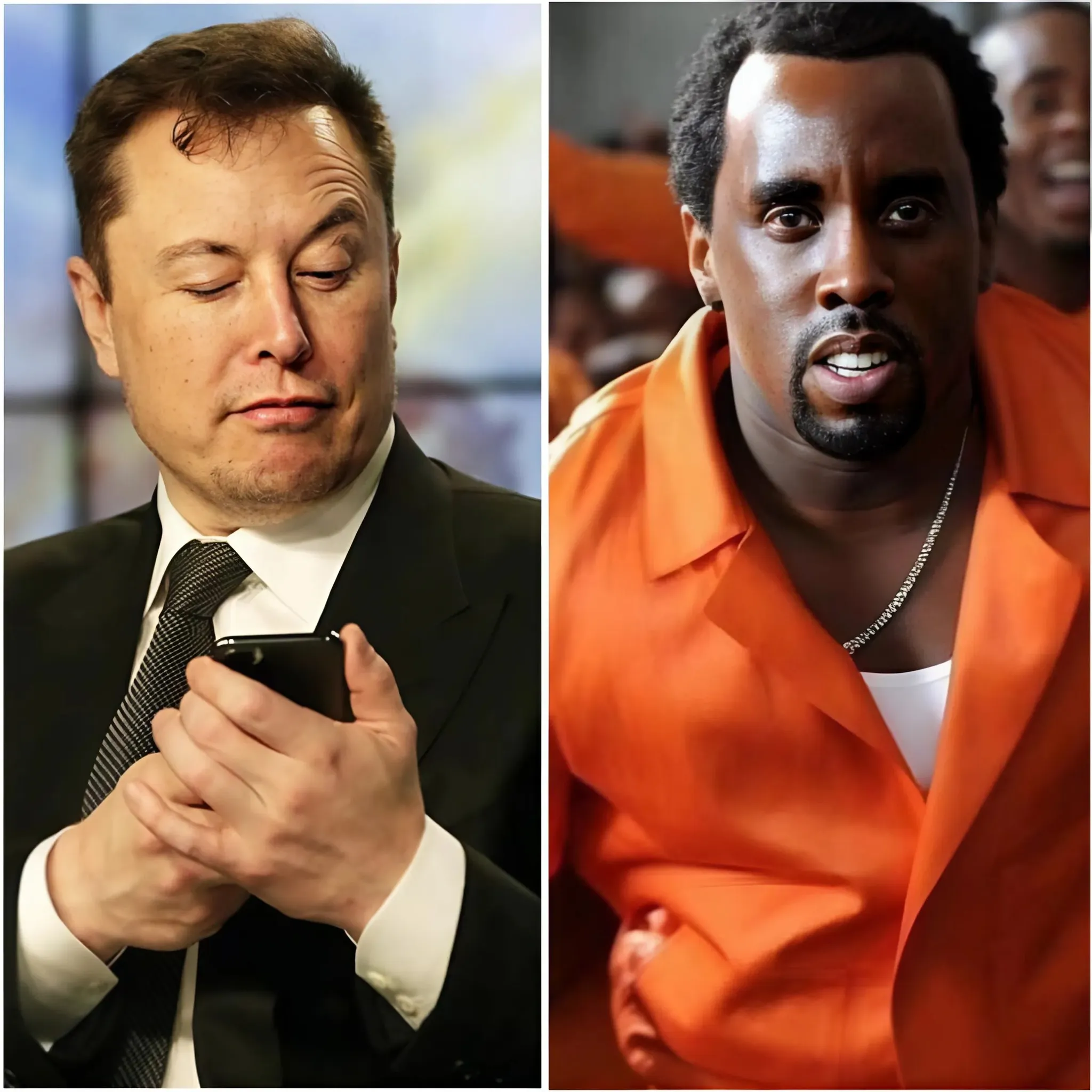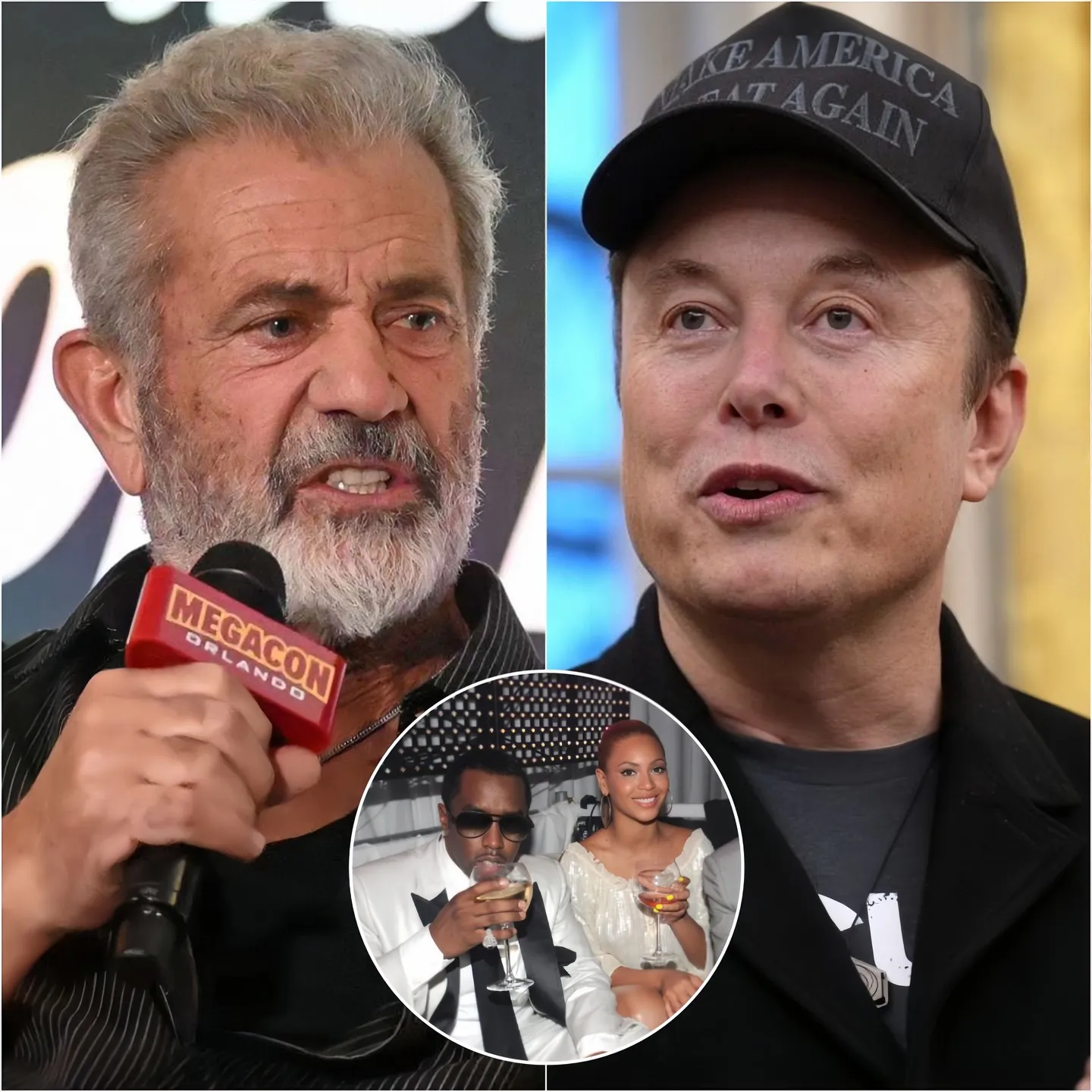In a surprising and unexpected turn of events, tech mogul Elon Musk has publicly criticized global music icon Beyoncé, accusing her of impersonating a country singer. The comment has stirred the social media world, igniting a heated debate about the intersection of music genres and public personas.

The controversy began during a live stream event hosted by Musk, where he was discussing the latest trends in the music industry, among other topics. Musk, who is known for his unfiltered and often controversial statements, brought up Beyoncé’s latest musical project in a candid moment. The statement came after a discussion about the rise of country music influences in mainstream pop culture, with Musk noting that Beyoncé’s recent songs seemed to lean heavily into a country aesthetic.
“You’re impersonating a country singer, Beyoncé,” Musk said, referring to the singer’s recent stylistic shift in her music. “It’s not something I expected from you, and I’m honestly a bit confused by it.” His words were direct and biting, leaving many fans and observers in shock. For Musk, who has made a name for himself by building groundbreaking companies like Tesla and SpaceX, this criticism of Beyoncé marks a rare public remark on the music world.
While Musk’s comments were brief, they quickly gained attention. Social media users, music critics, and fans alike quickly took to their platforms to express their thoughts on the matter. For some, Musk’s comment was seen as a direct attack on Beyoncé’s artistic evolution, while others argued that it was simply an offhand remark that should not be taken too seriously.
Beyoncé, on the other hand, has long been known for her versatility and ability to blend different musical genres. From her early days with Destiny’s Child to her solo career, Beyoncé has constantly reinvented herself and pushed the boundaries of pop music. Her recent venture into incorporating more country influences, notably through her collaborations with prominent country artists, has been well-received by many.
Fans of Beyoncé were quick to defend the singer, pointing out that she has every right to explore different genres and incorporate elements of country music into her work. Some took to Twitter to express their support, using hashtags like #BeyoncéIsBeyoncé and #QueenBey to stand behind their idol. Many pointed out that the artist’s range and versatility were what made her one of the greatest performers of her generation, able to seamlessly navigate between genres like pop, R&B, and now, country.
Critics, however, argued that Musk’s comment wasn’t entirely without merit. They suggested that while Beyoncé’s musical explorations are commendable, her shift toward country could be seen as a calculated move to gain broader appeal in a genre that has often been criticized for its lack of diversity. Country music, traditionally ᴀssociated with rural America, has historically been dominated by white artists, and Beyoncé’s foray into the genre has prompted discussions about cultural appropriation and the commercialization of music genres.
Musk’s statement sparked a broader conversation about the nature of artistic authenticity and the blending of genres in the modern music industry. Some music critics pointed out that many artists today experiment with different styles, and genre boundaries are increasingly blurred. In today’s musical landscape, it’s not uncommon for pop stars to dip into country, rock, or even electronic music, blurring the lines that once defined these genres.
Beyoncé’s decision to experiment with country influences could be seen as an extension of her broader commitment to exploring diverse musical influences. Whether it is through her use of Afrobeat rhythms or her venture into country, the singer has always sought to connect with a wide array of audiences. For Beyoncé, music is a universal language, and her willingness to incorporate various sounds reflects her desire to create art that speaks to everyone, regardless of background or musical preference.
The public clash between Musk and Beyoncé also speaks to the broader issue of celebrity culture and the power of public figures to influence the narrative. Elon Musk, known for his sometimes controversial social media posts, has a large following and a considerable influence over public discourse. His words carry weight, and many saw his critique of Beyoncé as an attempt to steer the conversation around the idea of authenticity in music. While Musk’s perspective may be seen as valid by some, others believe that the world of music should remain a space for experimentation and creative freedom, where artists can explore new territories without fear of judgment.
In the aftermath of Musk’s remarks, there has been no official response from Beyoncé’s team, but many expect her to address the situation in her own time, possibly through her music or public appearances. Beyoncé has always been known for using her art as a way to speak to the public, and it’s possible that she will respond to Musk’s criticism in her own unique way, whether through her songs, interviews, or social media.
As the debate rages on, one thing is clear: Elon Musk’s public criticism of Beyoncé has sparked a discussion that transcends the world of music. It’s a conversation about the evolving nature of artistic expression, the blending of genres, and the role of public figures in shaping cultural narratives. In an age where artists constantly push the boundaries of creativity, Musk’s comments may be seen as a reminder that the lines between musical genres are more fluid than ever before. Whether Beyoncé will continue to explore country music in the future remains to be seen, but one thing is certain: her ability to captivate the world with her artistry is unmatched, regardless of the genre she chooses to explore.
In the end, the relationship between Musk and Beyoncé may not be defined by this one moment, but their interaction has highlighted the larger questions surrounding art, authenticity, and the cultural dynamics that shape the music industry. As we continue to witness these conversations unfold, one thing remains clear: the power of music to unite, challenge, and provoke will continue to reign supreme in a world where creative boundaries are constantly being redefined.





